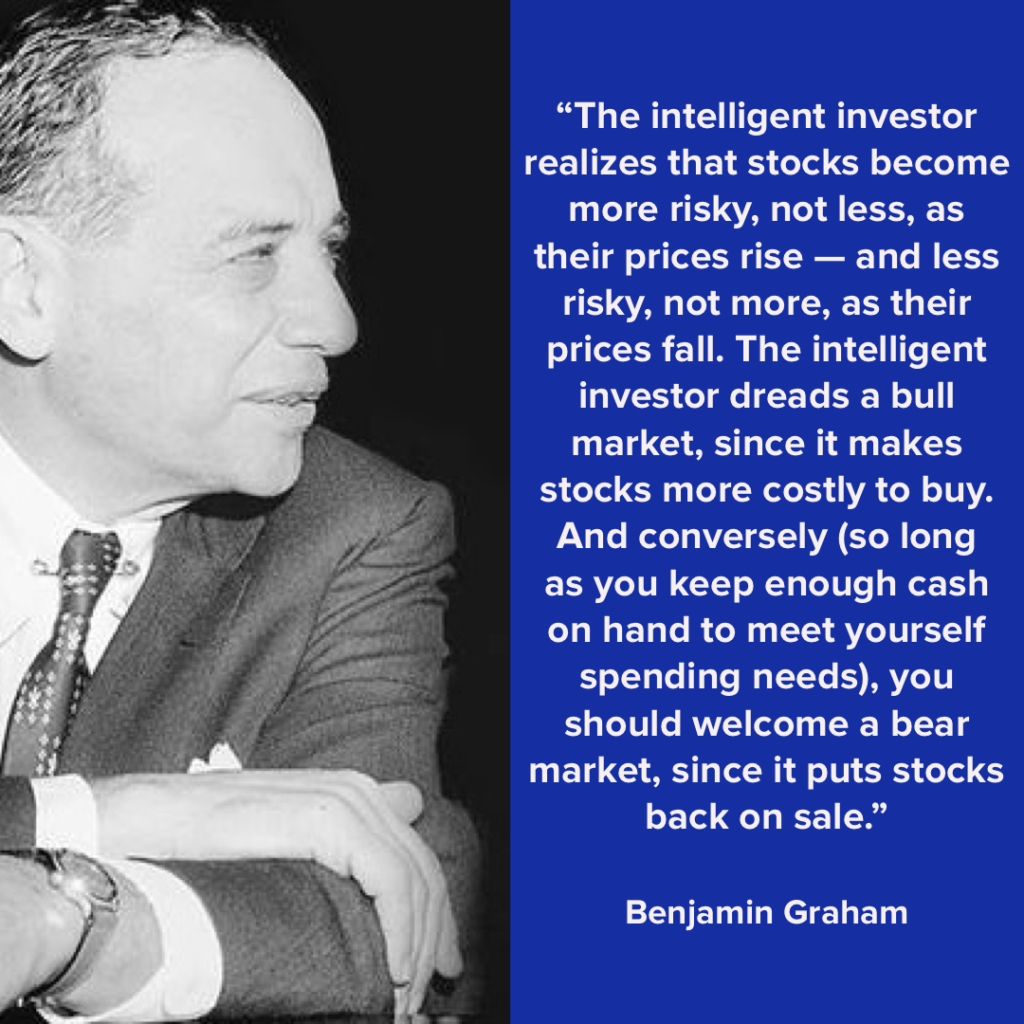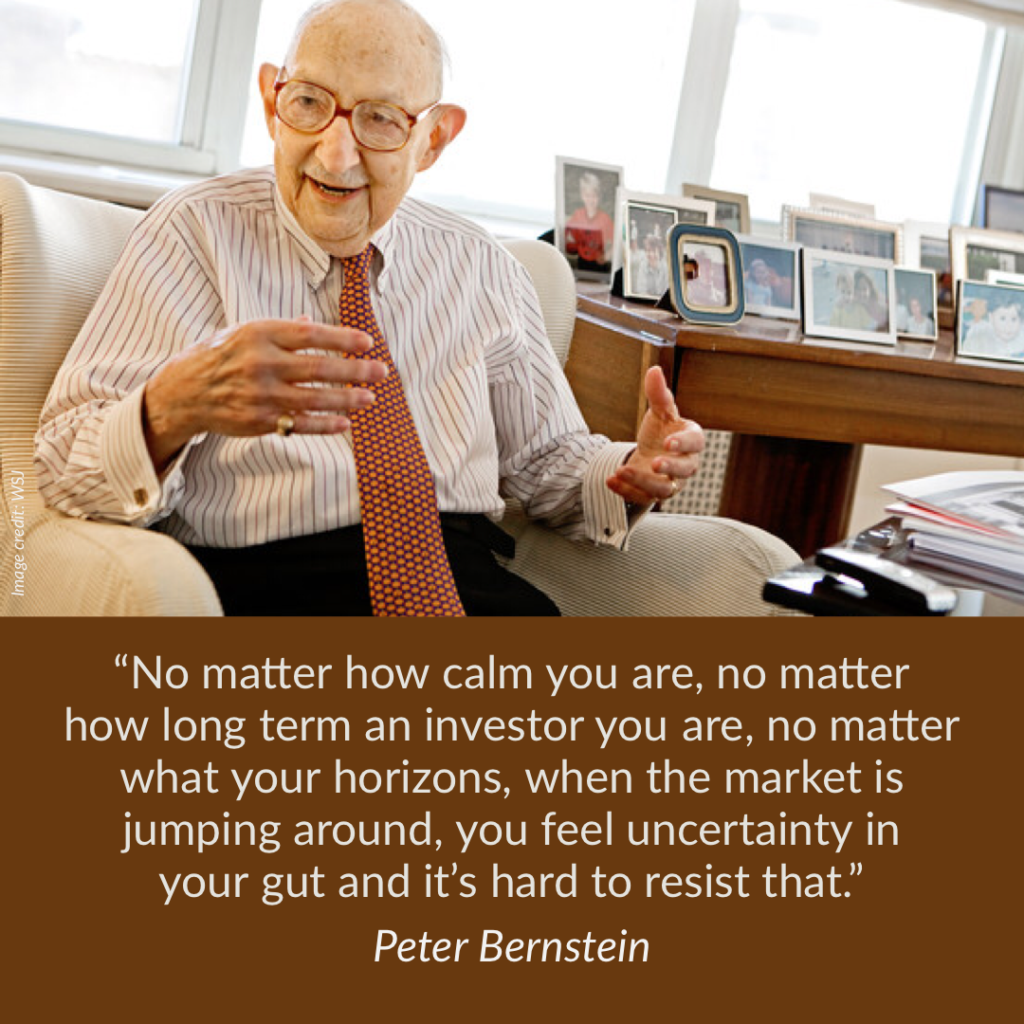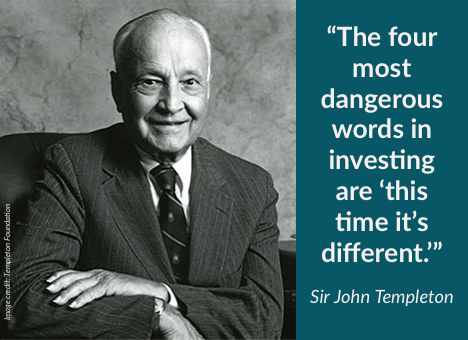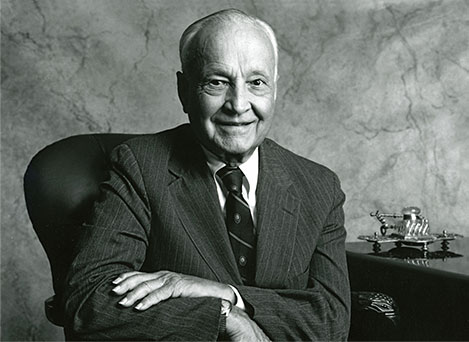The Four Most Dangerous Words in Investing
A look at how investment wisdom over the ages fits today.

The thing that we learn from history is that people do not learn from history. Hegel included this idea in a lecture in 1832. Sometime in the past few decades famed investor Warren Buffet reiterated it. I offer the same here today. The past year has been a true test of anyone’s mettle. We’ve seen a voluntary shutdown of a booming economy and the end of longest bull market in U.S. history, the deepest decline of quarterly GDP and the sharpest rise of the same and the nation’s lowest unemployment recorded only to be replaced by a rapid and extreme rise in unemployment followed by record setting new jobs. All in just a few months.
The current circumstances may seem different. But, I say that the fundamental principles of investing and personal finance are not different. Greed and fear are the two emotions that still control investment markets and we all still aspire for financial security. With the stock market again hitting record highs it is tempting to allocate money to what is hot today because of greed and ‘fear of missing out’. These same type investors who strive to ride momentum will hold their stocks as the market goes down as if they are unwilling to admit that they didn’t time the market just right. After some time fear kicks in and they sell planning to go back into the market when they feel better about investing. You know, after the market has gone back up. Don’t let emotions dictate actions. Manage your investments based on logic, reason and a plan. Let’s examine the thoughts of some legendary investors to glean wisdom for ourselves today.
Benjamin Graham

Benjamin Graham is known as the father of modern financial analysis, the champion of value investing and author of several books. His most well-known and influential work is The Intelligent Investor.He received his formal education at Columbia University and also joined the faculty at age 20. But took a job on Wall Street to support his widowed mother and his siblings.

Both of these Graham quotes sound like common sense that anyone would follow. But, with an overload of information and a countless number of novices selling their online courses of stock trading strategies its easy to get distracted from the fundamentals of what investing really is. The intelligent investor needs someone to buy their “momentum stock” that has already reached its peak of true value. Don’t be their stooge. Follow Graham’s wisdom and buy value. Then when it reaches the price objective that you’ve set, sell to those who think the stock will go up forever.
Peter Bernstein

Bernstein could have been talking about 2020 or even now in 2021. The volatility of markets and the economy over the past five quarters has been unnerving. That uncertainty in your gut is normal. Sometimes you should listen to it and sometimes knowing your own risk tolerance and incorporating into your investment plan can help you deal with it.
Peter Bernstein took over his father’s wealth management firm, Bernstein McCauley, he taught at Williams College. Bernstein was an economist, professor, author and financial historian. He wrote extensively on risk. There are many types of risk which one must manage; market risk, inflation risk, opportunity risk, interest rate risk. Have confidence in your plan.
Benjamin Franklin

It has always been human nature to spend a great deal of what we have believing somehow that we deserve it because of the hard work that we put in. What we really deserve for our hard work is to have the money produced from our labors to earn for us so we can sooner end the hard work. That requires watching our budget, be frugal and buy assets that produce income. In “Franklin’s Way to Wealth” Ben wrote about resisting temptation to have the finer things in life that may seem like small expenses at the moment, but add up to potentially preventing us from having financial independence. A mickle means a large amount. Franklin’s statement is of not letting small expenses creep up and steal your wealth. Human nature hasn’t changed. We think a small purchase here or there won’t matter. If you are disciplined with your budget and savings contribution, then purchases are OK. After all you can’t sacrifice all life enjoyment now in exchange for the future. You’ll get burnt out and drop your financial plan. While enjoying a few pleasures now, though, don’t do it on credit. That will surely wreck your future wealth.
Sir John Templeton

John Templeton built his career, wealth and Templeton Investments on understanding that it is not different this time and those think it is will fail. His simple buy on pessimism, sell on euphoria philosophy served him and many investors in his mutual funds very well. Templeton grew up in Tennessee with a modest lifestyle if not borderline poverty, succeeded impressively at Yale, created the Templeton Growth Fund and by 1999 Money magazine wrote that he was “arguably the greatest global stock picker of the century.”
Sir John believed correctly that it is not different this or any other time to buy value when people are willing to sell you what they own for less than it is worth. He was a long term value investor who only sold an investment to free up money to buy something else even more attractive.
I am a student of Sir John Templeton’s investment style and was a top producer for his successor firm Franklin/Templeton Investments. I did not have the pleasure to meet him one on one, but did spend a lot of time with portfolio managers that he had trained and who managed the multiple mutual funds of Franklin/Templeton.
It is Templeton’s quote “self-improvement comes mainly from trying to help others”7 that relates to why I provide financial education through this blog, online courses and other written material. Thanks for reading this. Let me know which quote relates most to you by sending an email here.
###
1,3 The Intelligent Investor – Revised Edition ©1973 Benjamin Graham, new material ©2003 Jason Zweig
2 Columbia University, C250 Celebrates, c250.columbia.edu
4 Capital Ideas: The Improbable Origins of Modern Wall Street, ©1992 Peter Bernstein, Free Press
5 Franklin’s Way to Wealth, Benjamin Franklin
6,7 The Templeton Plan ©1997 Sir John Templeton, Templeton Press




